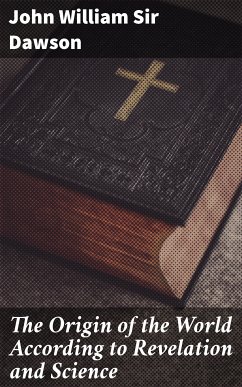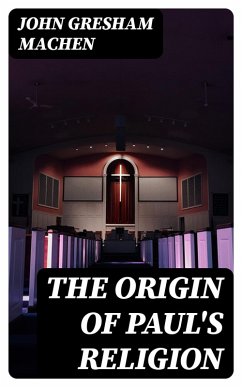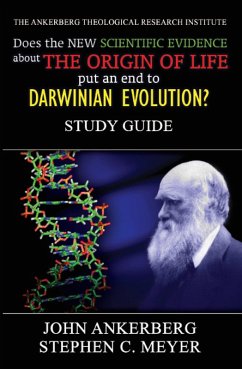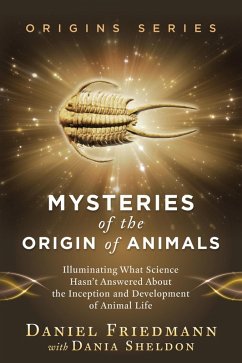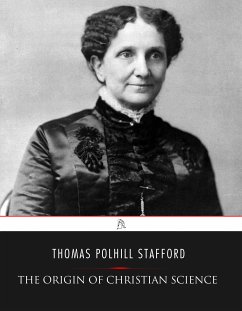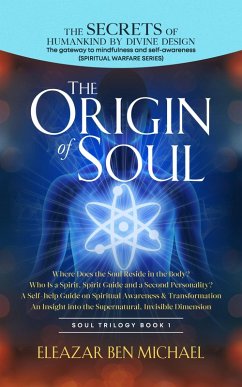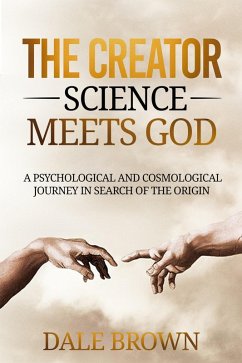
The Origin of the World According to Revelation and Science (eBook, ePUB)

PAYBACK Punkte
0 °P sammeln!
In "The Origin of the World According to Revelation and Science," John William Sir Dawson undertakes an ambitious exploration of the interplay between biblical creation narratives and contemporary scientific understanding. In a time marked by the tension between faith and reason, Dawson employs a scholarly tone, rich with inquiry and reflection, as he navigates through both scriptural texts and geological evidence. The book delves into the dual lenses of revelation and scientific inquiry, arguing for a harmonious coexistence rather than a dichotomy, and situating itself within the growing disc...
In "The Origin of the World According to Revelation and Science," John William Sir Dawson undertakes an ambitious exploration of the interplay between biblical creation narratives and contemporary scientific understanding. In a time marked by the tension between faith and reason, Dawson employs a scholarly tone, rich with inquiry and reflection, as he navigates through both scriptural texts and geological evidence. The book delves into the dual lenses of revelation and scientific inquiry, arguing for a harmonious coexistence rather than a dichotomy, and situating itself within the growing discourse of the late 19th century that sought to reconcile modern science with traditional religious beliefs. John William Sir Dawson was a prominent Canadian geologist and paleontologist, well-regarded for his contributions to both his scientific field and religious thought. His background as an educator and researcher at McGill University informed his perspective, motivating him to bridge the gap between faith and the rapidly evolving scientific discourse of his time. Dawson's deep personal faith and academic rigor reveal his desire to advocate for a synthesis of knowledge that respects both divine revelation and scientific exploration. Recommended for scholars of theology, science, and philosophy, Dawson's work is a profound invitation to engage with the complex relationship between creation and evolution. Readers will find in this text not only a historical reflection but also a timeless call for unity between the scientific and the spiritual realms, making it a pivotal read for anyone interested in the foundational questions of existence.
Dieser Download kann aus rechtlichen Gründen nur mit Rechnungsadresse in A, B, BG, CY, CZ, D, DK, EW, E, FIN, F, GR, H, IRL, I, LT, L, LR, M, NL, PL, P, R, S, SLO, SK ausgeliefert werden.




